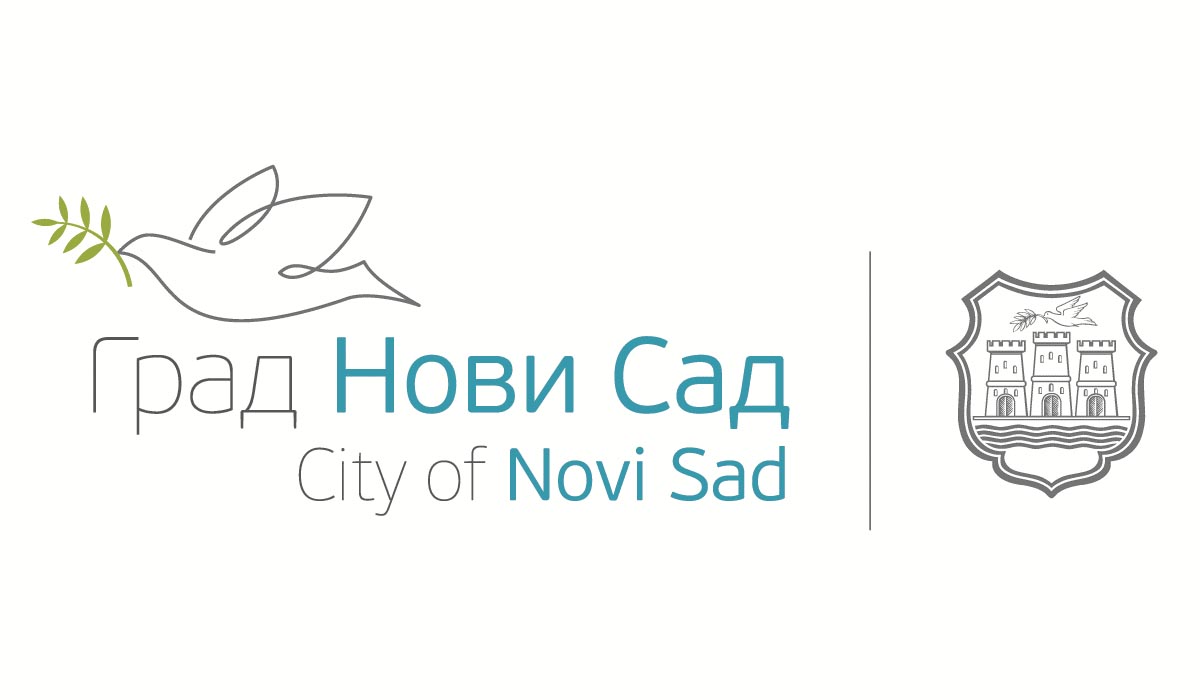WESTERN PERCEPTION OF YUGOSLAVIA DURING 1980
DOI:
https://doi.org/10.19090/i.2019.30.294-309Keywords:
Yugoslavia, Josip Broz Tito, United States of America, Great Britain, West GermanyAbstract
In the late 1970s and early 1980s a new significant wave of cooling in the relations between NATO and the Warsaw Pact dominated various aspects of world politics. In this situation, Yugoslavia was at the centre of an intricate system of relations between the two blocs, especially with projections regarding the future of the country immediately before and after the death of Josip Broz Tito, who as a person then literally symbolized Yugoslavia on the world political scene. With the aftermath of the Iranian Revolution and the Soviet invasion of Afghanistan, the perception of a potential crisis in Yugoslavia absolutely dominated the world media during the first half of 1980. In the months before Tito’s death and during the first year after his funeral, the Western media were very active in trying to predict the fate of the Yugoslav federation and some of the predictions were very pessimistic, especially in the context of expectations of a potential Soviet invasion targeted towards Yugoslavia. In general, the character of Western media analysis of Yugoslav reality underwent a significant evolution in the short term and the viewpoint on the Yugoslav state changed quite rapidly, primarily in the negative context. In this regard, the examples of American, British and West German analytical approaches were particularly illustrative. As it is precisely within these three perceptions that change has been the greatest and most illustrative, it is the intention of this paper to concentrate only on aspects of those three perspectives.
Downloads
References
Beštić-Bronza, S. Ujedinjenje Njemačke i jugoslavensko javno mnijenje, Banja Luka: Filozofski fakultet, 2017.
Buchan, J. Days of God: The Revolution in Iran and Its Consequences, New York: Simon and Schuster, 2013.
Dizdarević, R. Od smrti Tita do smrti Jugoslavije – svjedočenja, Sarajevo: Svjetlost, 2000.
Genscher, H. D. Erinnerungen, München: Wilhelm Goldmann Verlag, 1997.
Jakovina, T. ‘Sovjetska intervencija u Afganistanu 1979. godine i Titova smrt’, Historijski zbornik, LX, 2007, 295–320.
Jakovina, T. Treća strana Hladnog rata, Zagreb: Fraktura, 2011.
Mirosavljev, R. Titova poslednja bitka, Beograd: Narodna knjiga, 1981.
Schönfeld, R. Zur Westorientierung jugoslawischen Außenwirtschaft. Entwicklung, Stand und Ziele, in Jugoslawien am Ende der Ära Tito, Band 1: Außenpolitik,: München – Wien: Herausgegeben von Klaus-Detlev Grothusen, Othmar Nikola Haberl und Wolgang Höpken, 1983.
Simes, D. K. ‘The Death of Detente?’, International Security, V, 1, 1980, 3–25.














